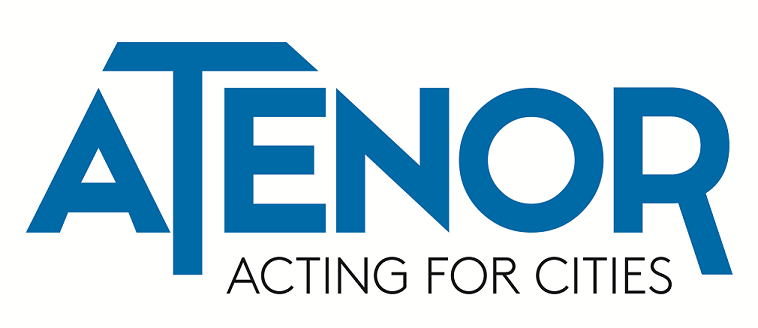Xpat Opinion: Ostriches And The Hungarian Public Work Program
- 20 Mar 2014 8:00 AM

The idea behind the program is to counter unemployment by offering local, public work opportunities and a wage to the unemployed instead of welfare checks. The program pays more than welfare, so there is some incentive in the system to choose public work over welfare. But the key is to guide the long-term unemployed back to some kind of productive work – and work habits, like getting up at a certain time, showing up at a workplace, talking to others during the day, but most importantly, feeling responsible and needed again.
In some regions of Hungary, indeed in many countries of central and eastern Europe, we find cases of unemployment that are multi-generational. Some children have never seen their parents or grandparents going to a regular job. It has become a serious social problem over the last 20 years of the welfare approach.
The program has its critics, of course. It has been maligned as some kind of forced labor or, as AFP wrote last week, “harsh” workfare. It’s true that the jobs don’t pay high wages and the work is often menial labor. But again, the point of the program is to break the cycle of long-term welfare dependency and restore some sense of self-esteem. At the end of the day, which is better: collecting a welfare check or getting paid for doing work?
As I said, the work can be very basic, but there are some great stories coming out of the program. Take a look at this story from a village in northeastern Hungary. It’s about an ostrich farm.
With a population of 1,422, Tetétlen is located near Hajdúszoboszló, not far from the Romanian border. For many years, the biggest employer was the local government.
“It wouldn’t make sense if these 202 people [employed in the public work program] would sweep the streets and wander around,” said Hajnalka Borbélyné Fülöp, independent mayor of the village, for this report on RTL Klub. “Of course that’s needed too, but we were trying to create programs that create value.”
Ostrich meat is considered healthy and fetches a good price on the market. The village started the farm in 2011 and now they are planning a slaughterhouse to create higher added value products and create even more workplaces. The first breeds were sold last year and the price covers some of the costs but their goal is to have revenue cover all the costs, including the workers’ wages.
The workers tell the camera that ostriches are not much harder to handle than chickens, but they love shiny objects, one man adds with a smile on his face.
Read some of the criticism of the public work program and then have a look at the video. You can see the pride in the faces of the people working there, people who would otherwise be collecting welfare. They’re doing something important for their village, Tetétlen. After being out of work for so long, they’re needed again and are making a contribution.
By Ferenc Kumin
Source: A Blog About Hungary
This opinion does not necessarily represent the views of this portal. Your opinion articles are welcome too, for review before possible publication, via info@xpatloop.com




























LATEST NEWS IN current affairs